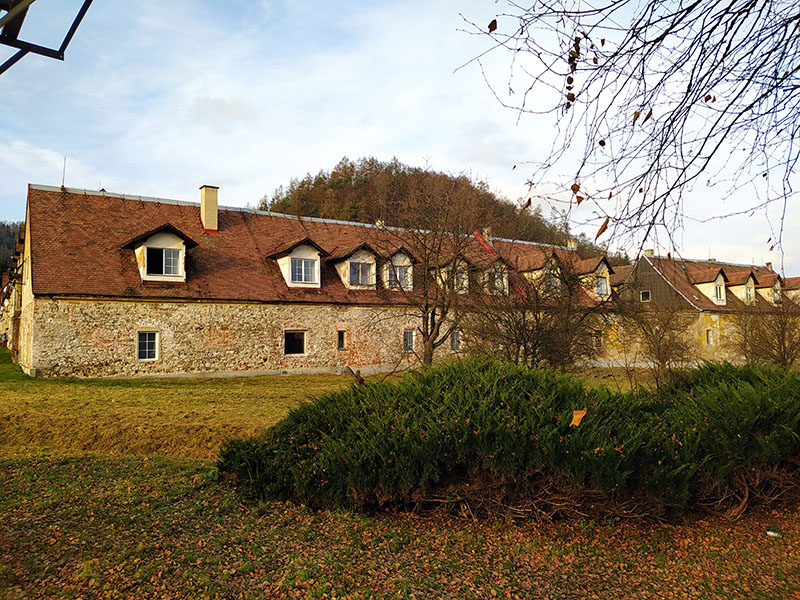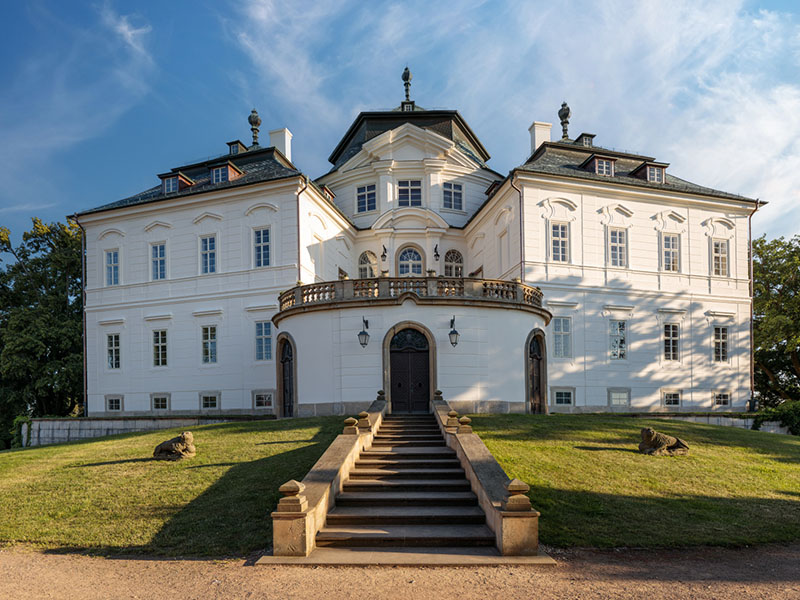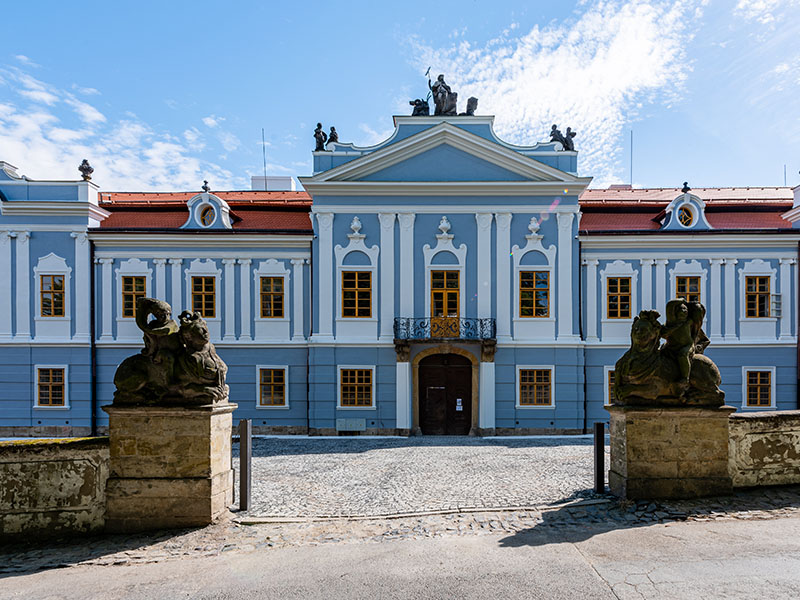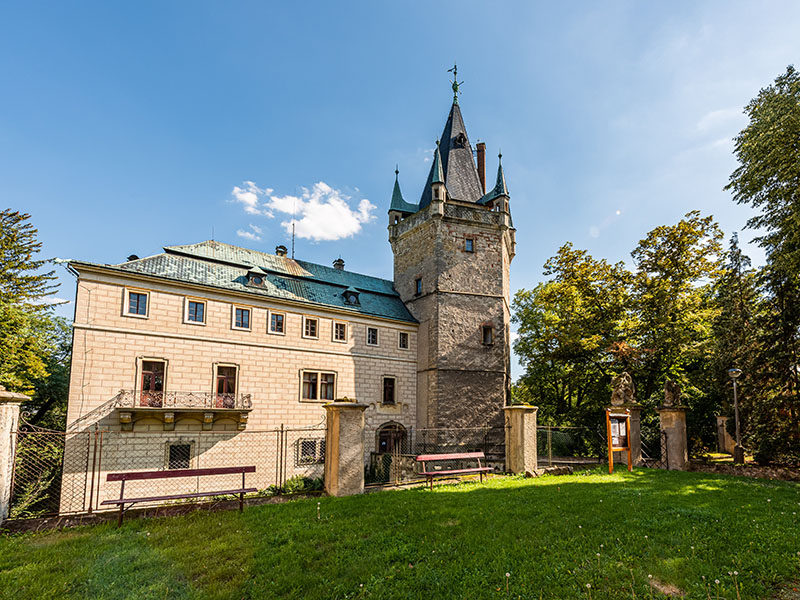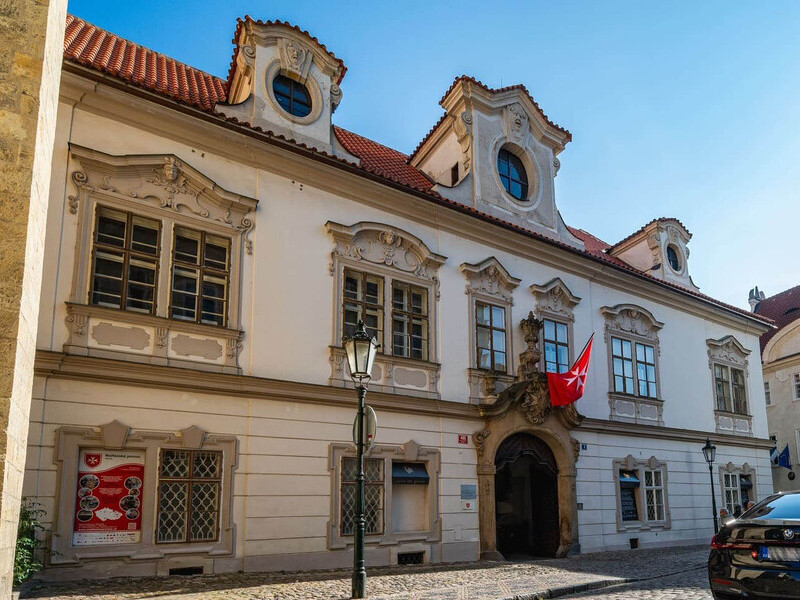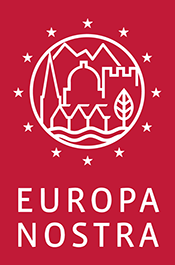THE ASSOCIATION OF CASTLE AND CHATEAU OWNERS

Bečváry - Chateau
District Kolín

Cítoliby - Water tower
District Louny
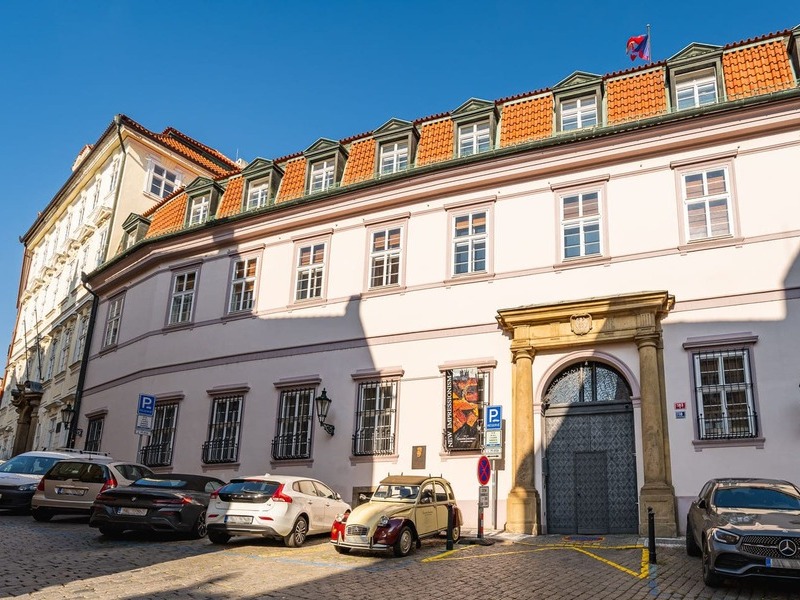
Hartigovský palác Praha
District Praha

Chotěboř - Chateau
District Havlíčkův Brod

Jeřice - Chateau
District Jičín

Kaceřov - Chateau
District Plzeň-sever

Kundratice - Chateau
District Klatovy

Lomnice - Chateau
District Brno-venkov

Luhačovice - Chateau
District Zlín
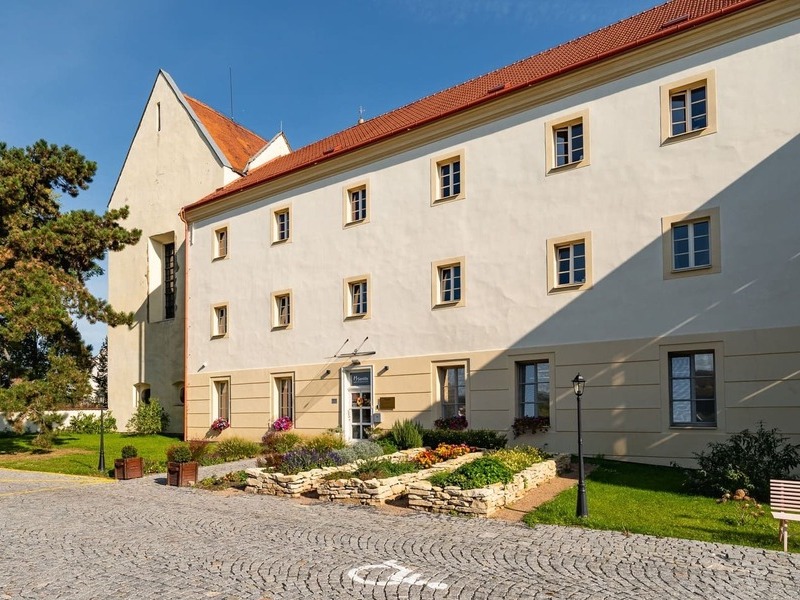
Monastery Mělník
District Mělník
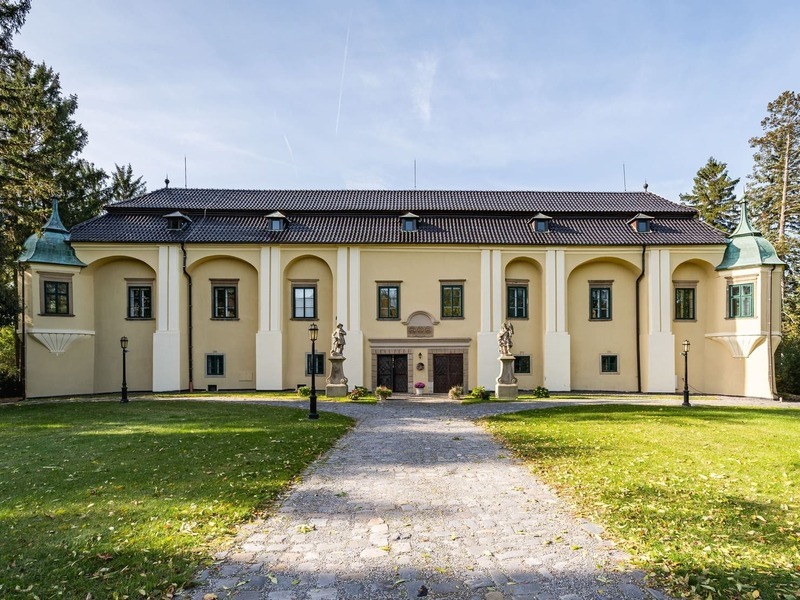
Morkovice - Chateau
District Kroměříž
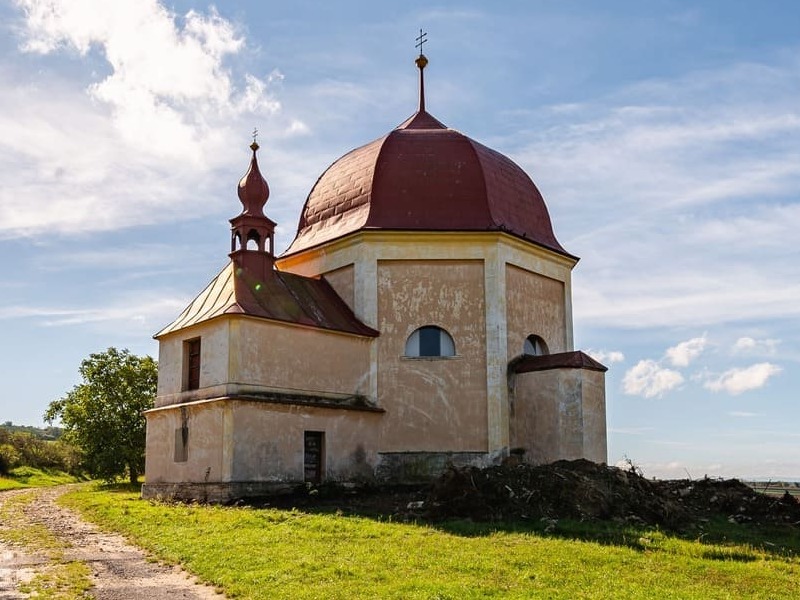
Navštívení panny Marie - Chapel
District Louny

Němčice - Chateau
District Strakonice

Osek - Chateau
District Rokycany
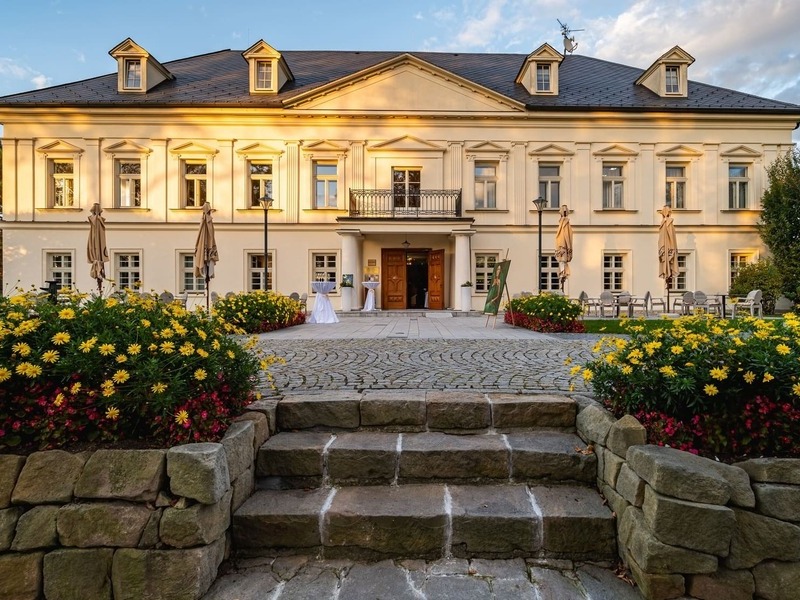
Petrovice - Chateau
District Rakovník

Plešivec - Homestead
District Česká Lípa

Pořešín - Castle
District Český Krumlov
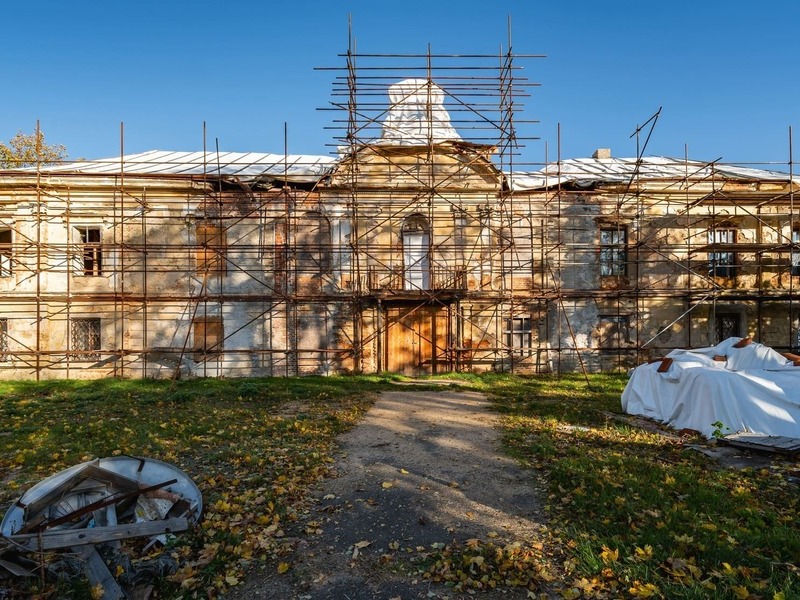
Pravonín - Chateau
District Benešov

Radvanov - Chateau
District Tábor

Starý zámek Rynholec - Chateau
District Rakovník
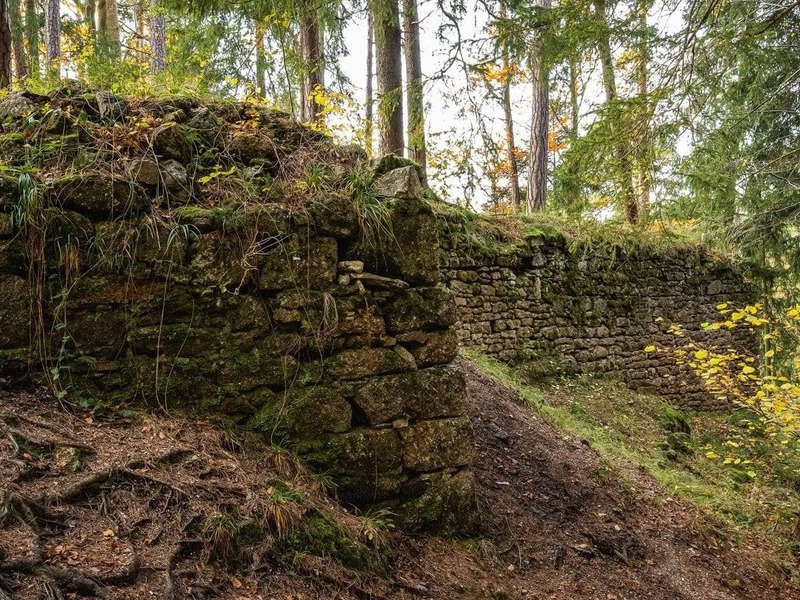
Sokolčí - Castle
District Český Krumlov

Historic house čp.29 v Telči
District Jihlava

Tetín - Chateau
District Beroun
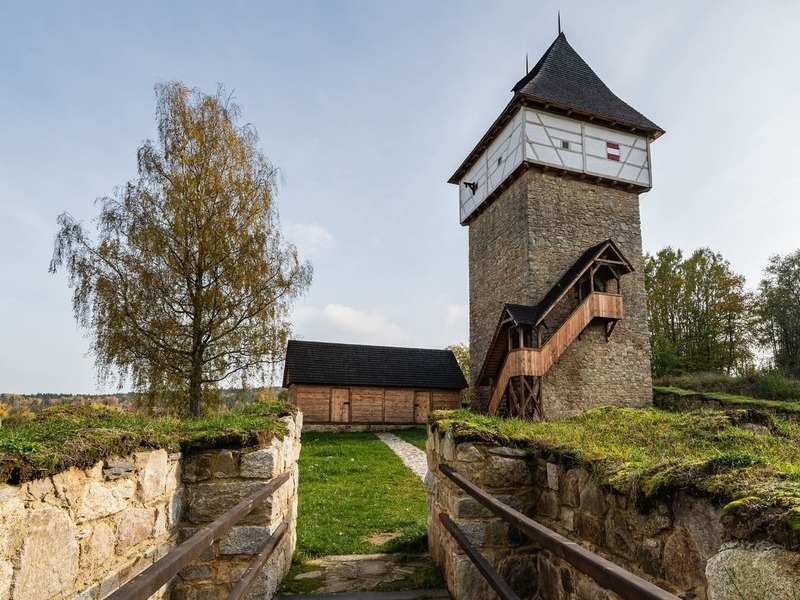
Tichá - Fortress
District Český Krumlov
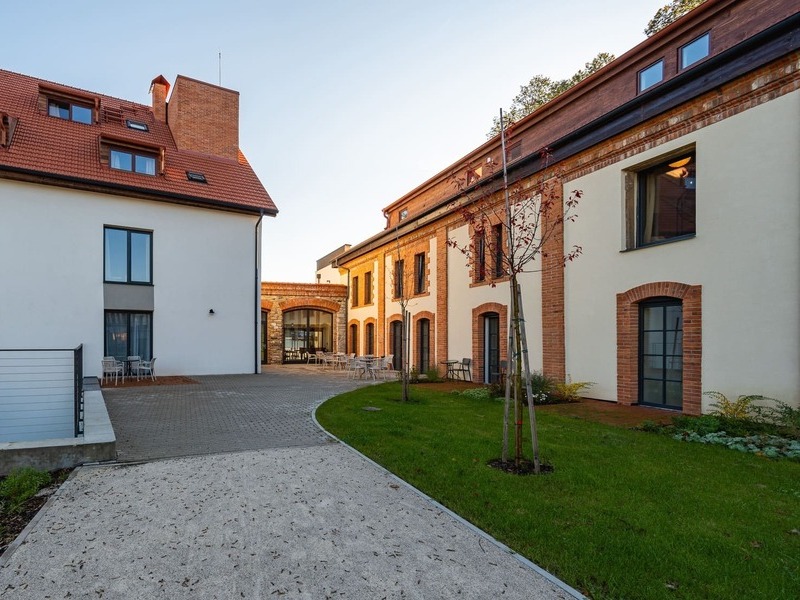
Tmaň - Chateau
District Beroun
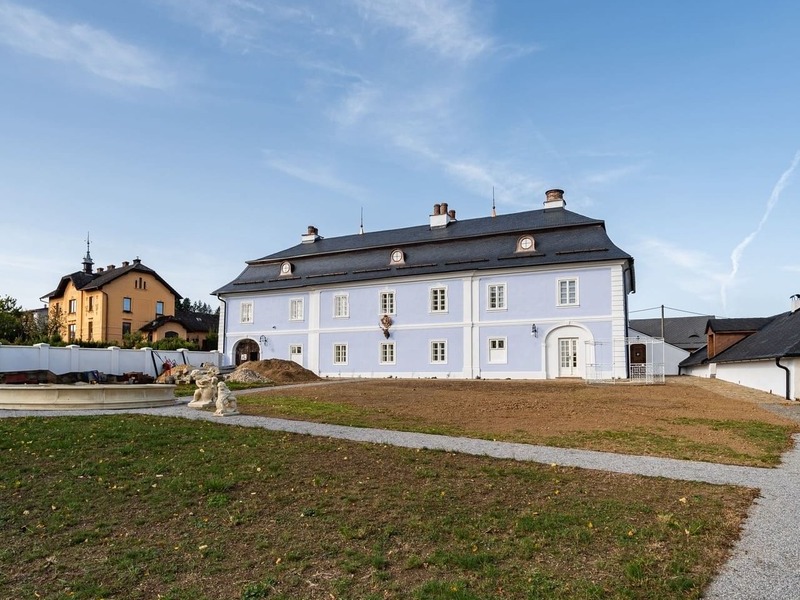
Troyerstein - Chateau
District Vyškov

Úholičky - Chateau
District Praha-západ
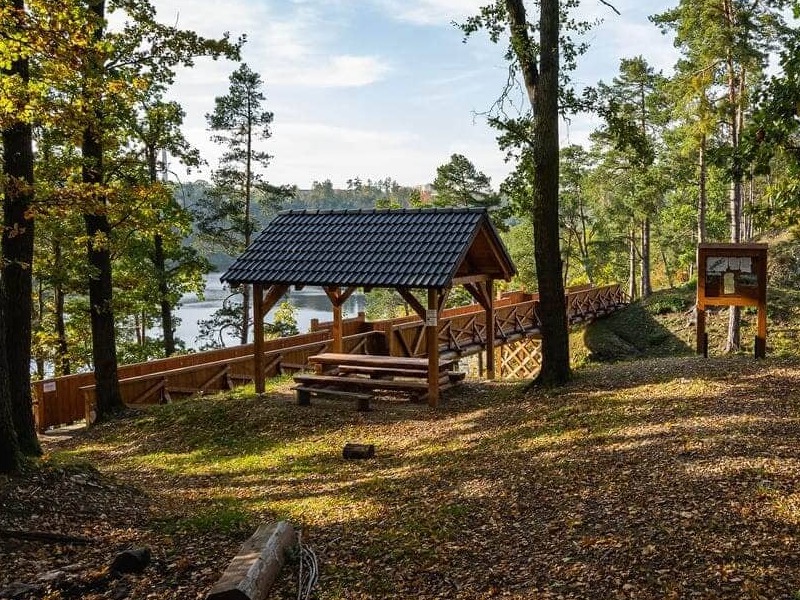
Velešín - Castle
District České Budějovice

Velké Dvorce - Chateau
District Tachov

Vilémov - Chateau
District Havlíčkův Brod

Zhoř u Krakovce - Mansion
District Rakovník
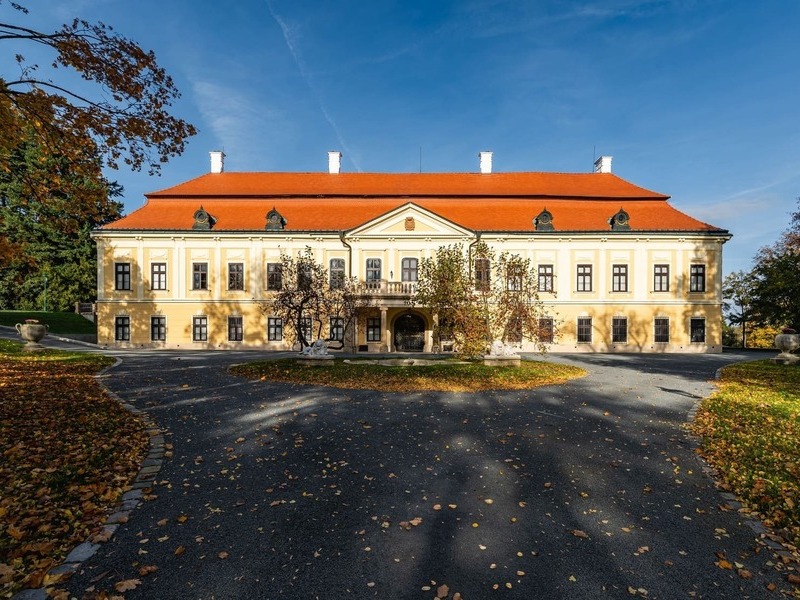
Zdislavice - Chateau
District Kroměříž

Libkova Voda - Chateau
District Pelhřimov
ABOUT US
ASSOCIATION OF CASTLE OWNERS
The Czech Republic is a country blessed with a plethora of cultural heritage sites. We, the members of the Association of Owners of Castles and Manor Houses, are utilizing our utmost efforts to participate in the preservation and restoration of these sites.
From our personal experience, we are well aware that it is necessary to repair virtually everything simultaneously and without delay, in order to preserve these priceless cultural heritage sites, after having our beautiful castles and manor houses been allowed to deteriorate for forty years. We consider our activities to be both a cumbersome responsibility and an honour.
Michal Farník
The president
Jana Germenis-Hildprandt
Honorary President
GOALS OF THE ASSOCIATION OF CASTLE OWNERS
The primary goal of the Association of Castle Owners is to preserve private castles, country houses, gardens and other privately-owned historic monuments in the Czech Republic. The Association’s aim is to achieve this by the following activities and initiatives.
- assuring a common approach of the Association’s members vis-à-vis state and international bodies at all levels;
- serving as a forum for members to exchange experiences in the preservation, repair and maintenance of castles, country houses, gardens and other privately-owned historic monuments, as well as in dealings with state and international bodies at all levels;
- obtaining financial assistance from state and international bodies for the preservation, repair and maintenance of castles, country houses, gardens and other privately-owned historic monuments;
- actively co-operating with various organisations, in particular those whose fields of interest are heritage, culture, architecture and history;
- actively co-operating with foreign and international organisations with similar aims.
The Association plans to continue and intensify its actions
Association’s goal to become recognized as a respected partner to a number of state bodies, in particular the Ministry of Culture and the National Heritage Institute. The Association plans to continue and intensify its actions.
This will permit the Association to influence the preparation of, and amendments to, Acts concerning Monuments, and the concomitant regulations relating to the care of significant cultural, architectural and historic monuments.The Association hopes to bring about tax benefits, which are common in EU countries, for the owners of immovable cultural, architectural and historic monuments. The existing tax benefits (e.g. tax on immovables, depreciation of any improvements to cultural, architectural and historic monuments, and inheritance tax) are totally insufficient.
To Bring About Regular Granting
Bring about the granting of state and European Union subsidies for the operation and maintenance of cultural, architectural and historic monuments in the same manner as those under state administration.
To Bring About Tax Benefits
Bring about tax benefits, which are common in EU countries, for owners of immovable monuments (e.g. tax on immovable, depreciation of any improvements to cultural, architectural and historic monuments, and inheritance tax).
To Increase State’s Interest In The Preservation Of Monuments
A number of significant cultural, architectural and historic monuments are privately owned and it is not possible to continue to discriminate against the owners of these properties, as well as many private monuments also fall under the cultural heritage of the Czech Republic. The state must take an interest in their preservation.
To Present Political Climate
In the Czech Republic politicians are ever more aware of the uniqueness of the country, due to its large number of more or less well-preserved castles, manor houses and fortresses. This immovable cultural wealth is one of the few unique attractions that the Czech Republic is able to offer Europe and the world.
As the activities of the Association expand
it is the Association’s goal to become recognised as a respected partner to a number of state bodies, in particular the Ministry of Culture and the National Heritage Institute.
The Association also uses to its advantage the present political climate in the Czech Republic, where politicians are ever more aware of the uniqueness of the country, due to its large number of more or less well-preserved castles, manor houses and fortresses. This immovable cultural wealth is one of the few unique attractions that the Czech Republic is able to offer Europe and the world. Initial talks with heads of the regional administrations confirm considerable interest in “their” immovable cultural, architectural and historic monuments, which are dominant features of the respective regions.
ACTIVITIES OF THE ASSOCIATION IN INTERNATIONAL RELATIONS
In the area of international contacts, the Association has become a member of the pan-European organisations European Historic Houses (“EHH”).
The Association has all of the prerequisites for forming and nurturing mutual contacts with organisations abroad. Many of the Association’s members (most of whom lived abroad previous to 1989) have excellent business and social connections internationally. Furthermore, many of the Association’s pre-eminent members are conversant in several languages, which is an important asset for international relations.
The principal aim of international cooperation is to draw on the experience of individual national associations similar to the Czech Association in their home countries. Many European countries have well-honed systems for supporting the care of movable and immovable cultural, architectural and historic monuments, which have been in use and constantly improved and adapted to changing needs over a period of several decades. The Association hopes to bring these programmes to the attention of the appropriate Czech authorities and ensure that they are adopted here and adapted to local needs.
As part of its international cooperation remit, the Association has organised, and hopes to continue organising, both working and social meetings with representatives of foreign associations to make them aware of the situation concerning the care of cultural and historic monuments in this country, as well as to gain access to international charities and super-national programmes, whose aim it is to preserve the cultural heritage throughout the whole of Europe.

These activities of the Association are no less important than those described above and are of paramount importance to most members.
The structure and level of the Association's membership base provides a supportive environment for gaining valuable experience and making necessary business and social contacts.
The very fact that members own, repair, restore and maintain cultural, architectural and historic monuments is testament to their ability and strength of character. Each has a wide range of experience related to the ownership and operation of a property, and each has also undoubtedly made certain mistakes in the repair and renovation of their property, such as selecting unqualified contractors, contracting work to inexperienced restorers, or purchasing expensive or inferior materials.
By creating some common base of information based on this experience, the members of the Association will be able to build on the experience of others and thus prevent the repetition of mistakes in the repair and maintenance of their properties. A further benefit to the Association's members will be the collection and dissemination of information relating to all programmes to support owners of cultural, architectural and historic monuments. In this context, it should be particularly noted that there are programmes organised by the Ministries of Culture, Environment and Regional Development. It is also to be hoped that access to grants from regional authorities will be facilitated once their budgets and competences are fully established. The Association will establish an effective database and advise its members on the most appropriate programmes, focusing on their needs and how they should formulate their applications for support.
The Association has already assisted some of its members in dealing with building and heritage authorities and aims to achieve a situation where its recommendations actually guarantee that assistance will be provided to everyone it supports. The Association should be in the best position to assess and prioritise the needs of its members.












